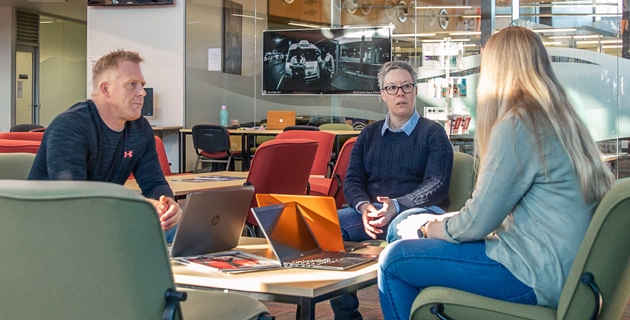Now searching for:
Progressing an evidence-based rural health research agenda.
We undertake place-based research with rural communities across our footprint. We focus on the three priority areas that underpin the Rural Health Multidisciplinary Training (RHMT) program:
We are committed to fostering authentic research collaborations with a wide range of stakeholders, including healthcare providers, communities and local organisations, to co-create solutions that are responsive to the unique needs of rural communities.
You can access information on all our Three Rivers DRH researchers, collaborations, activities and publications via the open access Charles Sturt University Research Output (CRO) website.
Our research activity is guided by the RHMT program’s five strategic research areas:


